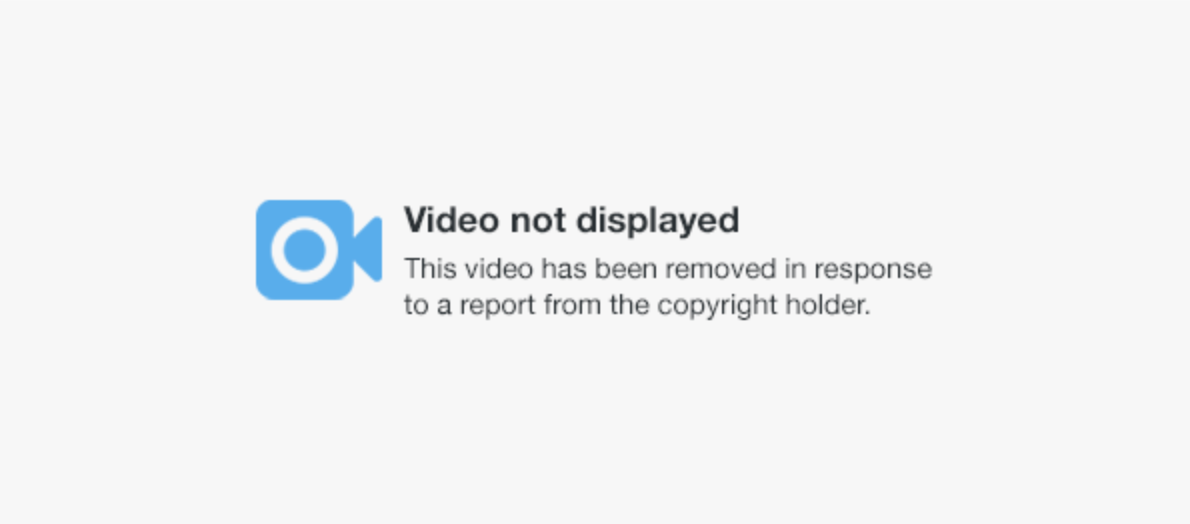Jon Porter, The Verge, September 2nd 2019
https://www.theverge.com/2019/9/2/20844338/zao-deepfake-app-movie-tv-show-face-replace-privacy-policy-concerns
Insert your face into TV shows or movies with just a single photograph
:gifv():no_upscale()/cdn.vox-cdn.com/uploads/chorus_image/image/65155652/ezgif.com_gif_maker__9_.0.gif)
Zao, a free deepfake face-swapping app that’s able to to place your likeness into scenes from hundreds of movies and TV shows after uploading just a single photograph, has gone viral in China. Bloomberg reports that the app was released on Friday, and quickly reached the top of the free charts on the Chinese iOS App Store. And like the FaceApp aging app before it, the creators of Zao are now facing a backlash over a perceived threat to user privacy.
Twitter user Allan Xia posted a neat demonstration of what the app is capable of yesterday with a 30 second clip of their face replacing Leonardo Dicaprio in famous moments from several of his films. According to Xia, the clips were generated in under eight seconds from just a single photograph, however Bloomberg notes that the app can also guide you through the process of taking a series of photographs — where it will ask you to open and close your mouth and eyes — to generate more realistic results.
In case you haven’t heard, #ZAO is a Chinese app which completely blew up since Friday. Best application of ‘Deepfake’-style AI facial replacement I’ve ever seen.
Here’s an example of me as DiCaprio (generated in under 8 secs from that one photo in the thumbnail)

1According to Xia, the app only offers a limited number of clips for you to insert your face into. The app’s developer has likely trained their algorithms on each of these clips to easily re-map a user’s face onto them, as Xia speculates. The app cannot map your face onto any video clip of your choosing.
The technology looks similar to what we’ve seen recently from researchers at London’s Imperial College, who showed off technology that’s able to turn a single photo into a singing portrait. The difference here is that Zao is inserting your likeness into an existing video, rather than animating a photo of you directly. Nevertheless, it demonstrates how quickly the underlying technology has evolved: what once required hundreds of images to create a rather convincing deepfake video now requires just a single image with better results.AN ALMOST-IMMEDIATE BACKLASH FROM USERS OVER PRIVACY
Zao’s privacy policy generated an almost-immediate backlash from users, who bombarded its App Store listing with thousands of negative reviews. The Zao app lists the developer as Changsha Shenduronghe Network Technology, which Bloomberg notes is a wholly owned subsidiary of Momo, a Chinese company that owns a live-streaming and dating service.
The privacy policy includes a clause which says that its developer gets a “free, irrevocable, permanent, transferable, and relicense-able” license to all user-generated content, according to Bloomberg. The company has been forced to quickly respond to the criticism, and now says it won’t use its users’ photos or videos for anything other than app improvements without their consent. It will also erase user data from its servers when users delete their data from the app.
It’s a similar controversy to the one that surrounded FaceApp earlier this year, when the face-aging app again went viral in July. The app’s developer was forced to clarify its privacy policy, and to offer users the option of deleting their photos off its servers if they wished. In the case of FaceApp, commentators were quick to point out that the app’s privacy policy was no more invasive than many of the most popular mobile apps across the world.
Protesters in Hong Kong are going to great lengths to cover their faces over fears that police are using facial recognition technology to identify and arrest targets. People are increasingly aware of how important their facial imagery data is, and are rightly concerned about companies who don’t make adequate safeguards to protect it.
Whenever a service is provided for free, a company is inevitably profiting from your data. Sometimes it’s for better ad targeting, sometimes it’s to train their AI for better facial recognition. You often don’t know.
